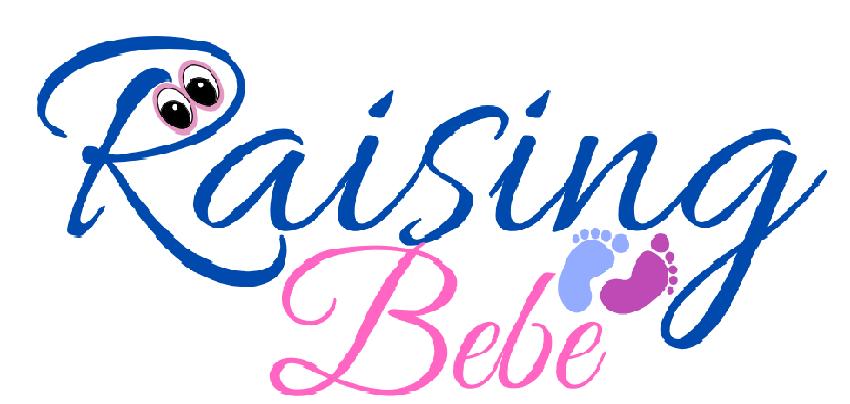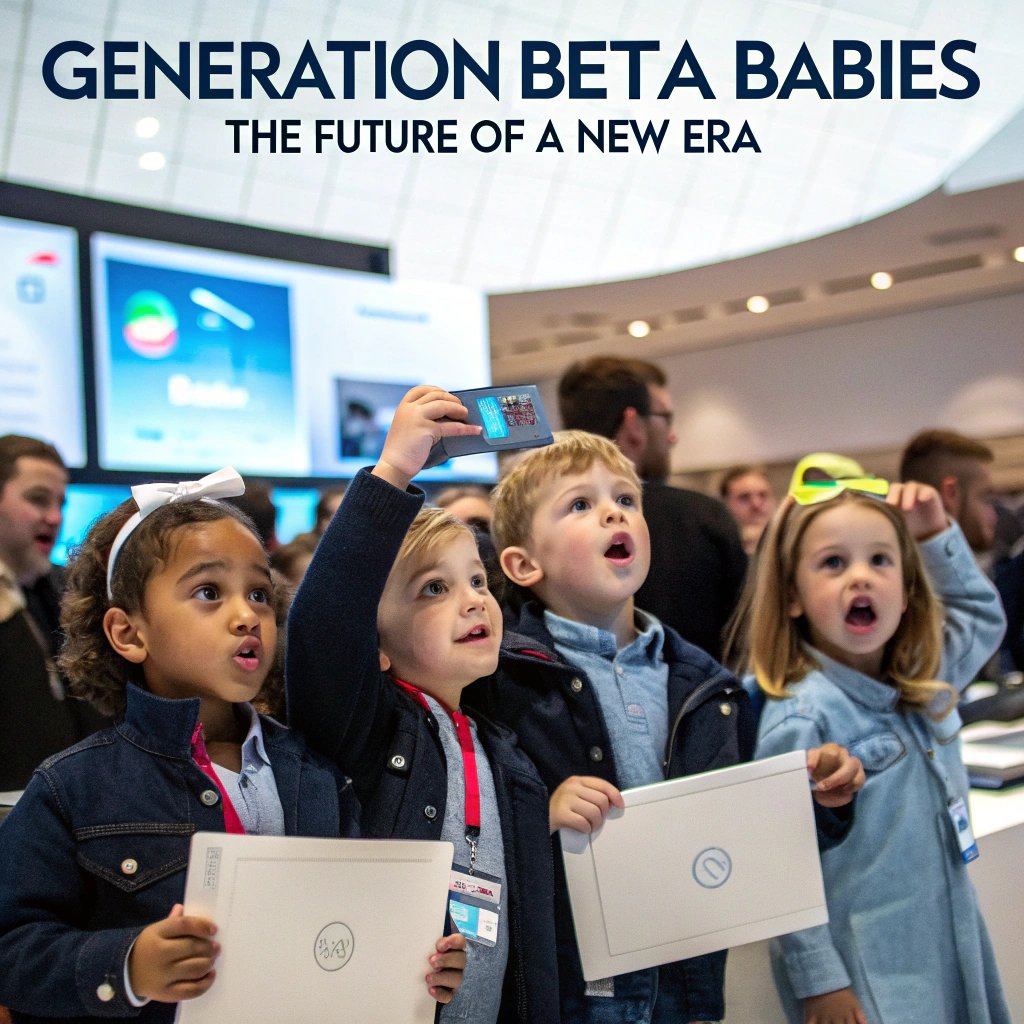As we step into the future, a new generation is beginning to emerge—Generation Beta Babies. Born from 2025 onward, these children will grow up in a world shaped by rapid technological advancements, shifting societal norms, and evolving parenting styles. With AI, automation, and climate concerns influencing their upbringing, Generation Beta is set to redefine the way we live, learn, and connect. But what makes them unique, and how will they shape the future? Let’s explore the characteristics, challenges, and potential of this next generation.
Who Are Generation Beta Babies?
The term Generation Beta refers to children born between 2025 and 2040. The name follows the generational sequence after Generation Alpha (2010–2024) and signals the dawn of a new technological and societal era.
Why Are They Called ‘Generation Beta’?
The naming system follows the Greek alphabet, moving beyond Gen X, Millennials (Gen Y), Gen Z, and Gen Alpha. Since “Alpha” marks the beginning of a new cycle, “Beta” represents the next evolutionary step in human generations, characterized by AI, automation, and advanced digital ecosystems.
Key Characteristics of Generation Beta
Generation Beta will be shaped by rapid technological progress, environmental challenges, and shifting cultural norms. Here’s what defines them:
1. AI-Native Generation
Unlike previous generations who learned to use AI, Generation Beta will be the first to be fully immersed in AI-driven environments from birth. AI-powered toys, virtual assistants, and personalized learning systems will shape their cognitive and emotional development.
2. Digital-First, Yet More Virtual
While Millennials and Gen Z adapted to social media and smartphones, Generation Beta will grow up with augmented reality (AR), virtual reality (VR), and the metaverse as their primary modes of interaction. They will learn, socialize, and even work in digital environments.
3. Advanced Education and Learning
Education for Generation Beta will move away from traditional classrooms. AI-driven, personalized learning models will adjust to each child’s learning pace. Holographic teachers, VR-based interactive learning, and gamified education systems will become the norm.
4. Hyper-Connected Lifestyles
The Internet of Things (IoT) will integrate into every aspect of their lives. Smart homes, smart cities, and wearable technology will monitor their health, control their environments, and optimize daily activities in real-time.
5. Climate-Conscious and Sustainability-Focused
Growing up in a world affected by climate change, Generation Beta will adopt eco-friendly habits from an early age. Sustainable energy, electric vehicles, and green architecture will be standard parts of their upbringing. They will be taught environmental responsibility as a way of life rather than an option.
The Role of Technology in Raising Generation Beta

Technology will play an unprecedented role in how Generation Beta is raised, educated, and socialized.
1. AI-Powered Parenting
Parents of Generation Beta (mostly Millennials and Gen Z) will rely on AI-driven parenting tools. These may include:
- Smart baby monitors that analyze sleep patterns and detect health issues.
- AI-generated nutrition plans tailored to a baby’s DNA.
- Parenting chatbots that provide real-time advice based on behavioral analysis.
2. Virtual and Augmented Reality in Play & Learning
Traditional toys and books may be replaced by interactive AR-based games that blend the physical and digital worlds. Children will explore history, science, and problem-solving through immersive experiences rather than traditional learning.
3. Automated Healthcare & Genetic Enhancements
Healthcare for Generation Beta will advance through genetic engineering and AI-powered diagnostics. Some babies may even undergo gene editing (CRISPR technology) to eliminate hereditary diseases before birth. Predictive healthcare models will use AI to diagnose illnesses before symptoms appear.
Challenges Facing Generation Beta
While technological advancements offer exciting opportunities, they also present significant challenges.
1. Digital Dependency and Mental Health Risks
With increased screen time and digital interactions, Generation Beta may struggle with:
- Shortened attention spans due to instant access to information.
- Higher rates of anxiety and depression linked to virtual living.
- Reduced face-to-face communication skills, affecting emotional intelligence.
Solution: Parents and educators will need to balance digital and real-world experiences to ensure healthy cognitive development.
2. Privacy, Security, and Data Ethics
Generation Beta will be the most data-tracked generation in history. AI assistants and smart devices will collect personal information from infancy, raising concerns about:
- Data privacy violations and ethical concerns over surveillance.
- AI bias influencing life decisions such as education and career opportunities.
- Cybersecurity threats, as AI-driven identities could be vulnerable to hacking.
Solution: Stricter AI ethics regulations and enhanced cybersecurity measures will be crucial to protect Generation Beta’s digital identities.
3. Economic and Workforce Uncertainty
Automation and AI advancements will redefine traditional job roles, leading to:
- A shift from human labor to AI-driven workforces.
- The need for new skill sets, such as programming, AI management, and ethical tech development.
- Income inequality concerns, as highly skilled workers thrive while others struggle.
Solution: Future education systems must prioritize adaptability and continuous learning to help Generation Beta prepare for evolving career landscapes.
How Generation Beta Will Shape the Future ?
1. AI & Robotics-Driven Industries
Generation Beta will work alongside AI and robotic co-workers. Traditional white-collar and blue-collar jobs will evolve into AI-integrated careers.
2. Green Technology Innovations
With a strong focus on sustainability, Generation Beta will drive industries toward:
- Carbon-neutral cities and businesses.
- Sustainable agriculture and lab-grown food production.
- Innovative climate solutions, such as geoengineering and renewable energy expansion.
3. A More Globalized, Virtual Society
Borders will become less relevant as Generation Beta grows up in a hyper-connected world. The rise of digital work, decentralized finance, and metaverse economies will change the way they interact, work, and build communities.
Conclusion
Generation Beta Babies represent the dawn of a new era, shaped by AI, automation, climate action, and virtual connectivity. While they will benefit from unparalleled technological advancements, they will also face unique challenges related to mental health, privacy, and workforce transformations.
As we prepare for their arrival, it is essential to create ethical AI guidelines, sustainable policies, and balanced lifestyles to ensure they thrive in the world they will inherit. The future is in their hands, and their journey is just beginning.

